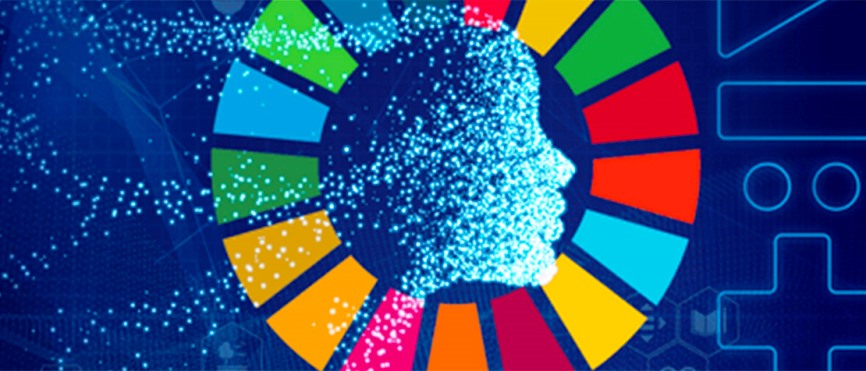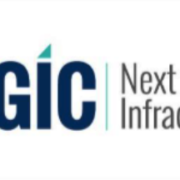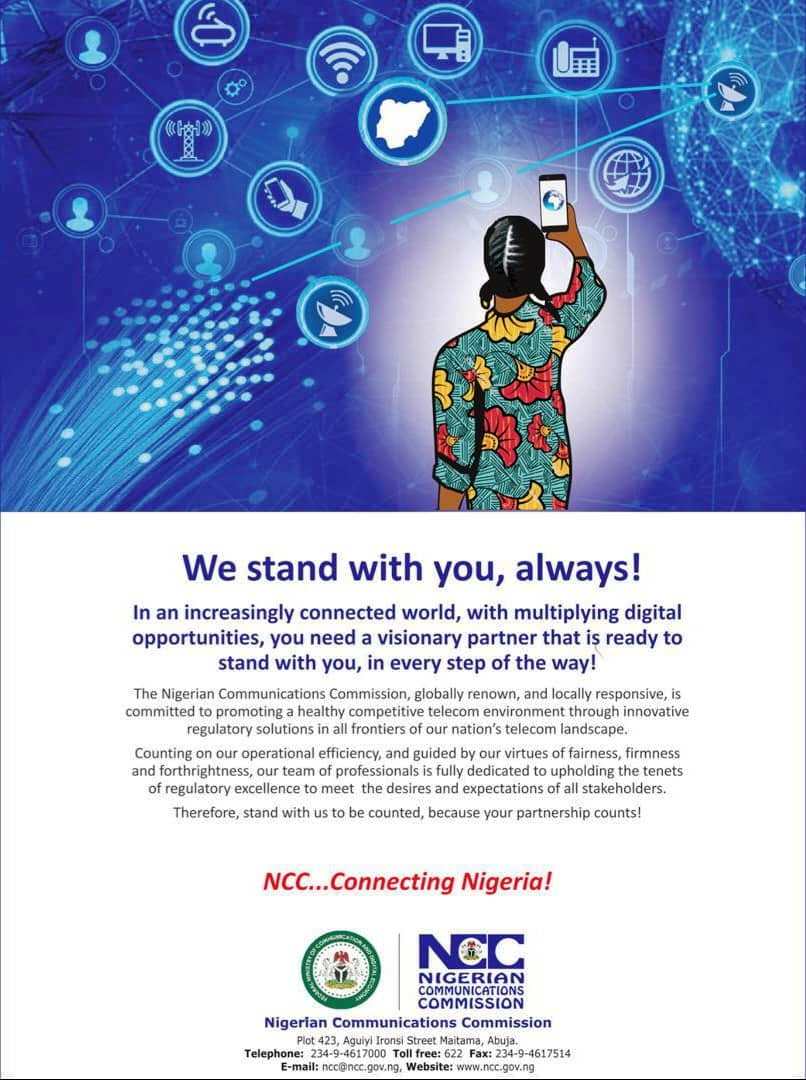By Sonny Aragba-Akpore
With active mobile lines put at 173.5million for a population of 220 million and a teledensity of 80%, Nigeria’s digital economy appears to be riding fast on mobile connectivity boom.
RELATED: Building Trust in a Digital Economy
The Federal Government of Nigeria recently announced a National Digital Economy Policy and Strategy 2020-2030 document,” which seeks to reorient the Nigerian economy to capitalize on the numerous opportunities that digital technology offers. This strategy is intended to leverage digital technology to drive growth in every segment of the economy.”
Digital Economy Policy and Strategy based on eight pillars
The Digital Economy Policy and Strategy programme is based on eight pillars: Developmental Regulation; Digital Literacy and Skills; Solid Infrastructure; Service Infrastructure; Digital Services Development and Promotion; Soft Infrastructure; Digital Society and Emerging Technologies; and Indigenous Content Development and Adoption.
According to a working paper on the subject, “Digital upskilling of local Nigerian talent is a priority for the Nigerian governments in collaboration with the private sector. “
Major American technology firms have keyed into this by launching training programmes to augment the digital process.
For instance, in 2021 Microsoft entered into a national partnership with the Nigerian government to train five million youth across the country in technical skills. Google also implemented several programs in Nigeria, including the Google Africa Developer Scholarship program, which provides training in mobile and web development.
Google also offers digital skills training to young Nigerians, equipping them with the tools they need to flourish in the digital age. There is also the Digital Skills for Africa program, which is larger and aims to provide important digital skills.
Bridging Nigeria’s digital divide
The programme provides free training in internet marketing, web design, and data analytics. In May 2023, Cisco signed a deal with Nigeria’s National Information Technology Development Agency (NITDA) to bridge Nigeria’s digital divide and launched a new EDGE (Experience Design Go-to-market Earn) Center in Lagos that provides incubation programs for SMEs.
The Cisco Network Academy, which is available at over 200 Nigerian tertiary institutions, has helped over 200,000 people improve their skills. Meta has several skilling programs for Nigeria, focused on empowering youth and driving digital literacy including: the Digital Marketing Scholarship program empowering youth to thrive in their digital careers; Safe Online with Meta Project, a digital literacy and online safety campaign equipping young people with the skills required to use the internet responsibly and safely; and Creator Lab Live, a unique educational program for content creators.
Telecom industry was the third-largest contributor to real GDP in 2024
The Nigeria Bureau of Statistics (NBS) reports that the telecom industry was the third-largest contributor to real GDP in Q2 2024, following agricultural production and trading industries, which generated 20.35% and 16.39%, respectively. Within the country’s digital economy space, the telecom industry, dominated by mobile network operators including MTN, Globacom, Airtel, 9mobile, as well as other Internet Service Providers (ISPs) angling to stimulate activities in every other area of the economy.
Nigeria has four major players in the GSM category: MTN, Globacom, Airtel, and T2 (formerly 9mobile). MTN is the largest mobile operator in the country in terms of the number of users, with a market share of 37.35%, followed by Airtel (28.93%), Globacom (28.40%) and 9mobile (5.32%). The buoyancy of Nigeria’s mobile telecommunications industry has been spurred by the country’s large population thereby making the ICT sector a much-needed boost for an economy that is over weighted towards oil revenues.
With contribution of 9.2% to Gross Domestic Product (GDP) telecommunications is fast becoming a major plank of the economy as it remains a major driver for other players in the economy. Broadband penetration is now at 49.3 % about 21 % short of the projected 70% by December 2025.
Fintech has caused substantial changes in delivery financial services
Fintech has emerged as one of Nigeria’s most active areas, causing substantial changes in delivery and access to financial services. The value chain includes digital payments, digital banking, point of sales (POS) services, lending platforms, asset/wealth management, insurance services, etc.
Given Nigeria’s diverse demographics, financial inclusion of millions of unbanked and underbanked Nigerians, particularly in rural areas, has been one of the most significant benefits of Fintech’s rise in Nigeria. Other benefits include increased innovation and entrepreneurship, as well as numerous opportunities to provide solutions to cross-border payment issues.
The prospects of developing smart cities in Nigeria is gaining more traction as both private and public sector stakeholders work towards achieving connected spaces driven by the Internet of Things. The major backbone for the country’s digital infrastructure is fueled by Internet of Things (IoT).
Rising Internet Usage Fueling Cybersecurity Demand
Cybersecurity in Nigeria has continued to develop around major catalysts including the proliferation of internet usage, the availability of mobile banking and FinTech services, and ecommerce.
The Central Bank of Nigeria (CBN) has issued mobile banking licenses to the country’s major telecom companies enabling them to operate as payment service banks (PSBs). The mobile network operators (MNOs) are expected to use their extensive networks in facilitating mobile payments which is particularly vital in Nigeria, where 90 percent of businesses are small and medium-sized enterprises (SMEs) that account for 80 to 90 percent of all customer-to-business (C2B) payments. Following this development, there has been notable improvement in the FinTech sector.
5G and AI taking front seat
The Nigerian Communications Commission (NCC) has awarded 5G operational licenses to selected telecommunication companies – MTN, Mafab Communications, and Airtel. Licensees have started to roll out 5G services in selected locations. Deploying 5G across major cities in Nigeria requires investments in infrastructure, including the installation of multiple small cell sites, fiber optic connections, and base stations.
Nigeria’s current telecommunications infrastructure outlay requires substantial improvement to enable nationwide 5G service. Nigeria is linked to many major undersea cables that connect it to Europe, the Americas, and other regions of Africa. This includes the SAT3 cable, WACS cable, MainOne cable, Glo1 cable, Equino (Google), and ACE cable.
In August 2024, the Nigerian Minister of Communications, Innovation and Digital Economy Bosun Tijani released the draft of the country’s National Artificial Intelligence Strategy (NAIS) document with the aim of achieving ethical use of AI for national development. U.S. tech companies had the opportunity to help develop and provide input into the strategy during its drafting.
According to the NAIS, the country has some of the most unique and compelling issues and possibilities that AI can solve, from optimizing agriculture in various climates to strengthening public health infrastructure. It is anticipated, however, that adopting a domestic AI strategy that provides Nigeria with a clear path for AI application will catalyze relevant innovation and help to rebalance power structures.
Are Digital Regulators Shifting from Gatekeepers to Growth Partners?
But experts and analysts are worried about the prospects and firmness of digital regulation and regulators. One Analyst explains that “rather than acting as referees, Nigeria’s digital regulators have become cheerleaders, celebrating every new “partnership” with a global brand as a sign of progress.
“These deals, often marketed as “innovation enablers,” too frequently result in the displacement of Nigerian companies, the offshoring of local data, and the quiet erosion of indigenous capacity.”
This analyst says the consequences are as visible as daylight.
“Nigerian startups are scaling down or relocating abroad. International venture capital and domestic investors are drying up as confidence wanes. Government ministries increasingly procure foreign cloud and software services, marginalising local providers, while telcos are consolidating dominance over payments, identity management, and data—core layers once led by innovators.”
Another expert says “the silence from the ministry, the NCC, and NITDA is not neutrality, it is neglect. For those who believe regulatory passivity is harmless, Ghana offers a sobering case study. There, MTN Mobile Money became a gravitational monopoly that swallowed the country’s fintech ecosystem whole.”
“Innovation withered. Startups died. Market concentration deepened to the point where competition became theoretical.”
Nigeria appears to be drifting down the same path like Ghana except perhaps because of a larger population and higher stakes, it may not be as steep as it was in Ghana.
































